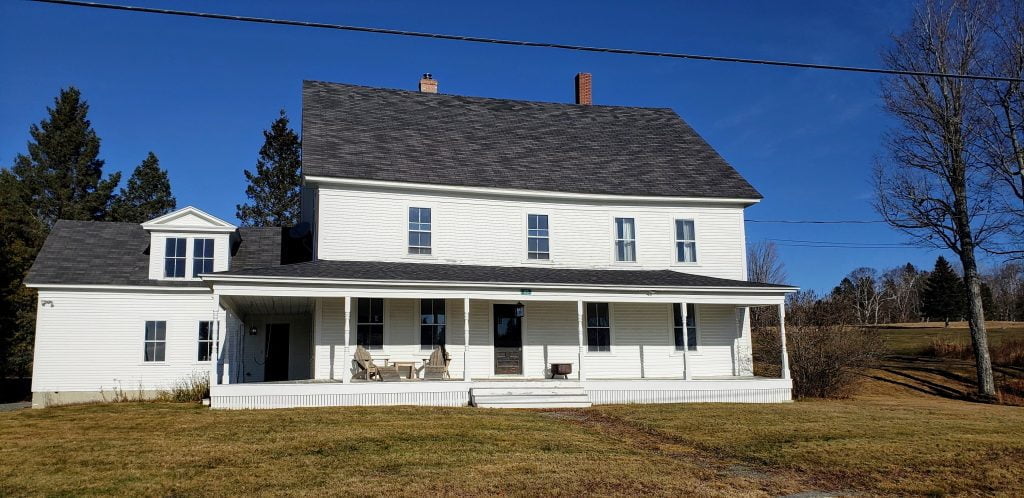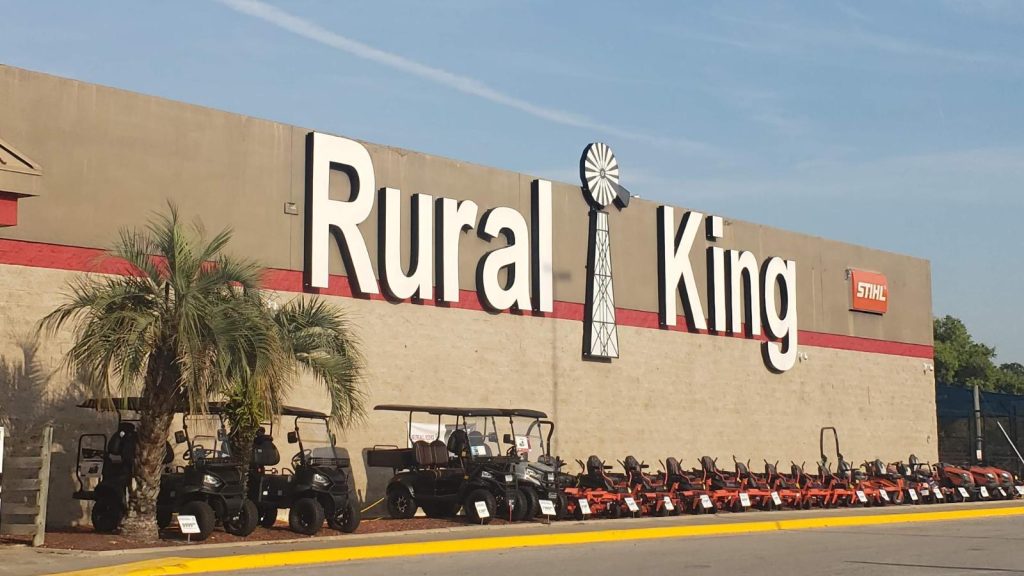Moving from an urban or suburban area to a rural one can be a Culture shock. There are many things that you should consider before you make the move and begin living in a rural area.
This guide will help you understand some of the key differences between rural and urban life to prepare you for what lies ahead as you make a big move.
You will be able to answer the question: Is living in a rural area worth it?
What You Will Notice First
One of the first things you’ll notice is that fewer people live in rural areas. In fact, according to the United States Census Bureau, less than 15% of the population resides in rural areas. This means that there are fewer people to interact with daily.
If you’re used to being around people all the time, this may be a difficult adjustment.
You will notice that there are barely any lines when you visit the grocery store, a doctor’s office, or the post office.
However, it also means that you’ll have more opportunities to form close-knit relationships with your new neighbors. Those around may want to chit-chat as it becomes a luxury in a rural area.
Others are just not very social. After all, that is why they probably moved into a rural area or were brought up in one.
Everyone Knows Everyone in Rural Areas
Speaking of neighbors, you’ll also notice that everyone knows each other in a rural area. This can be both good and bad. On the one hand, it’s nice always to have someone looking out for you and your family.
On the other hand, it can be challenging to keep your business private. If you’re not used to living in such close quarters with your neighbors, it may take some time to get used to.
The Economy Of Living In A Rural Area
Rural areas also tend to be more economically depressed than urban ones. This means there are fewer job opportunities, and the available jobs tend to pay less than their urban counterparts.
It’s important to remember this when considering a move to a rural area unless you move to a rural tourism town.
However, that may not be the case in today’s strange economy. In some rural regions, people seek help at the grocery store or local restaurant. Others are looking for construction workers living in rural areas.
Therefore, you may need to readjust your career expectations or start a new one.

7 Characteristics Of Rural Area
1. You’ll Have More Space
Moving to a rural area is the perfect solution if you’re tired of cramped apartments and overcrowded streets. Some rural homes tend to be larger than urban ones, and you’ll also have a more oversized yard.
This extra space can be used for everything from starting a garden to hosting outdoor parties. And since fewer people are around, you won’t have to worry about disturbing your neighbors when making noise.
2. You’ll Get More Exercise
In a rural area, getting out and about and getting some fresh air is easy—which can be difficult in an urban environment. Whether you hike in the woods or take walks around the neighborhood, being active will be a natural part of your daily routine.
As a bonus, you’ll appreciate nature more when you live in a rural area. You will be surrounded by it most of the time, from the moment you step out of your home and even after you go to bed if you leave the windows open.
The sounds can lull you into sleep. That’s one of the best health benefits of living in rural areas: better exercise and sleep.
That is unless you live in an extra cold rural area like our winters. We have a forecast of minus 8 degrees for this weekend.
3. You’ll Eat Fresher Food
One of the best characteristics of a rural area is having access to fresh, locally-grown food. Not only is this food tastier than what you’d find in the supermarket, but it’s also cheaper. And if you’re ambitious, you can even grow your fruits and vegetables right in your backyard.
If you live in a rural area, you probably will have more room to grow food in that large garden or invest in a greenhouse on your property.
In rural areas where winter is the longest, you can learn to start your garden before spring. I did this last March by planting seeds indoors. It was a fun project to watch and transplant just before the warm June weather.
4. You’ll Have Fewer Distractions
Living in a rural area means fewer things are competing for your attention. With no noisy traffic or bright lights to distract you, it’ll be easier to focus on work, spend time with family, relax, and enjoy peace.
Living in a rural area, your internet service may not always be top-notch, so there may be days when you can shut down the laptop and spend more time outdoors if you work from home.
Or, like me, you may have to get up early and work before the internet slows down. Planning is always a must in a rural area.
5. You’ll Feel Closer to Friends and Family —and Make New Ones
Everyone knows each other in a small town or village—which can be both good and bad! On the plus side, staying connected with friends and family members who live nearby is easy.
And if you don’t know anyone in your new community yet, don’t worry—it won’t take long before you may feel like one of the locals yourself.
One note: making friends and feeling part of the community may take longer than you anticipate. Please have patience, give it time, and get involved to meet new people.
6. You’ll Become Part of a Close-Knit Community
There’s something special about living in a close-knit community where people look out for each other. Whether bringing over a casserole when someone’s sick or lending a hand with chores, people in rural areas tend to help each other out.
This sense of community can make life very enjoyable —and sometimes even stressful situations seem bearable knowing that everyone has your back.
7. You’ll Learn to Slow Down and Appreciate Life More
One of the best things about living in a rural area is that it forces you to slow down and appreciate the important things in life. With no busy streets or hectic schedules, life moves much slower —and that can be very refreshing!
Some younger people can get bored quickly if not involved in activities. If you have children, it is best to sign them up for local activities in the area.
8. Internet and Phone Service May Be Limited
Living in a rural area can mean fewer internet and phone service choices. Access often depends on your distance from service providers or cell towers.
Satellite internet is an option but can be pricey and slower than cable or fiber. Cell signal boosters might help with weak phone service, though they’re not always foolproof. Before moving to a rural area, research your options and ask residents about their experiences.
We got lucky this year with fiber-optics internet service, which has been a godsend for me working from home.
Try Living in Rural Area Part-Time First
If possible, try to live in a rural area part-time before you jump from city life to a rural lifestyle. You can slowly adjust and test if you like the seven things you notice living in a rural area.
You could rent a temporary home or apartment to see how you and your family adjust to the new living area. From the people to the food to the weather and way of life, it will differ from the urban or city living you are most likely used to. There may be wind turbines nearby where you want to live. If you don’t want to make noise near, you may want to check their ordinances beforehand.
There are more disadvantages of living in a rural area than advantages.
Wrapping It Up: Living In A Rural Area
There are many differences between life in a rural area and life in an urban area. From the number of people you’ll interact with daily to the state of the economy, it’s essential to understand what you’re getting into before making the move.
We hope this blog post has helped you better understand some of the key characteristics of rural vs. urban life so that you can make an informed decision about whether or not a move is right for you.
Have you lived in a rural area? What else would you add to that list? Drop us a comment below.




